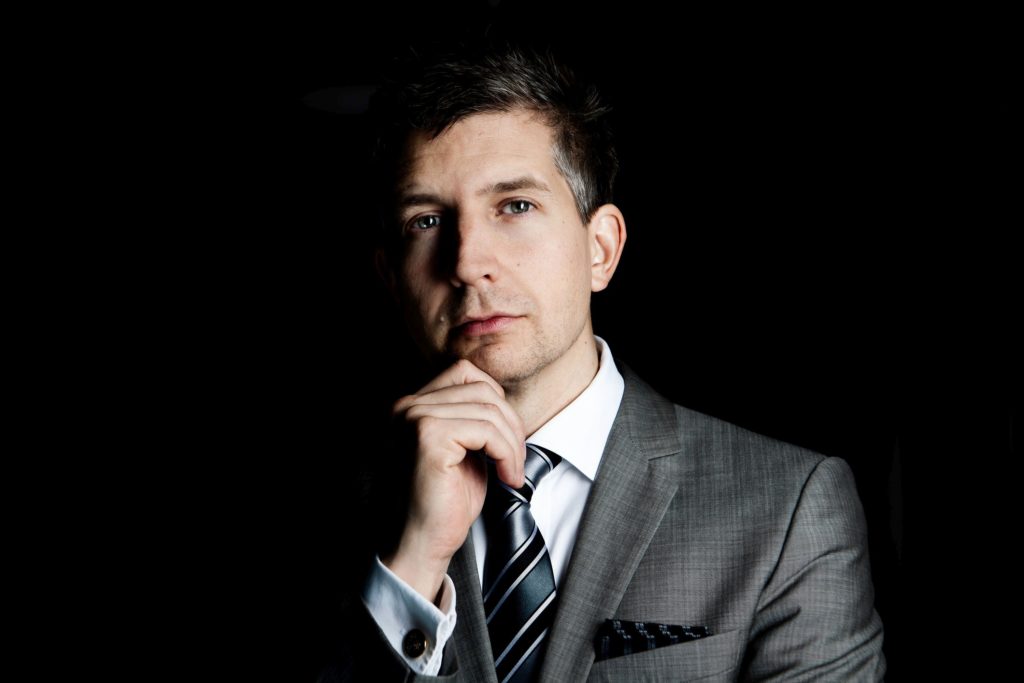Resolution Games has emerged as a game studios to watch in the virtual reality market, with its fishing game, Bait! already nearly a million downloads as one of the early success stories on the Samsung Gear VR. That’s all the more impressive when you consider that Samsung has sold just over 1 million Gear VR units earlier this year. Part of the success story for Bait! is connected to the fact that it was an early title for the Samsung Gear VR, which helped the game gain publicity. Now, Resolution Games is looking to repeat its success by launching its VR game Wonderglade along with Google’s launch of the Daydream VR headset next month.
Wonderglade is a carnival-themed game that “allows users to magically teleport into a world of wonders to play new takes on traditional carnival games,” said Resolution Games. “We’re excited to make one of the first games for Google Daydream. Wonderglade is truly a game that anyone can enjoy and immediately pick up and start having fun with—whether experienced with VR and games or not,” said Resolution Games’ CEO Tommy Palm. “And, it’s the perfect introduction for those interested in trying Daydream. The game is optimized to utilize the Daydream motion controller, enabling users to experience the different aspects of the controller, while playing games that are familiar and can be played in small bursts or for hours on end.”
While at the Oculus Connect Conference, [a]listdaily spoke with Resolution Games CEO Tommy Palm about Wonderglade and the VR market ahead.
The VR market is expanding with the introduction of new hardware, and that’s something that Palm feels is helpful to all participants in the market. As you might expect, since Wonderglade is a launch title for Daydream VR, Palm is positive about Google’s introduction of a mobile VR headset. “We’re super excited,” Palm said. “We really like Samsung Gear VR, but it is a very limited platform because it only reaches people with Samsung phones. Whereas Daydream is a much broader initiative. We’re very happy to see that. I tried the headset, and it feels very good.” Part of what impresses Palm is the control scheme for the Daydream VR, which includes a motion-sensitive handheld controller. “It’s both a broader reach and the fact that you have something that works with three degrees of freedom in the 3D world,” Palm noted. “With Bait! now it’s a one-button game on the Samsung Gear. Two of the games we announced in Wonderglade, one is a mini-golf game, and putts are very intuitive with that type of controller. Another is a racing game where you tilt the entire board and race around the track.”
Achieving notable success in the VR market has been difficult so far because of the small size of the market, and thus Bait! is quite unusual. Palm attributes part of that success to the game’s basic design. “We’ve really aimed at making games so everybody can enjoy it, where it’s not violent and it doesn’t require a lot of imagination to play the game. You can quite easily understand what you need to do,” Palm noted. “Also, I think the fact that you are in beautiful scenery in nature is a really good place to go to in VR. Not everybody wants to be in dungeons or catacombs. It’s rather tricky as a developer to make a good nature scene with the limited capacity of mobile VR. We have 50,000 polygons or so, and that’s about 200 times less than what you would have in a PC environment. It takes a bit of effort to create a scene with palm trees.”
Unlike Bait!, Wonderglade includes a number of minigames. That decision may broaden the game’s appeal, but the choice wasn’t marketing-driven so much as practical. “It felt like a path that was a good way to go,” Palm said. “With Bait! we recruited the team at the same time we developed Bait!, and we saw that was very hard for developers coming into the platform. It was difficult for the team to develop one big game as their first experience. It’s much better to do a bunch of different minigames so the team gets to try out different things. Plus, it felt like a very appealing concept to experiment and bring different types of experiences together. We always aim to make games that are very easy for people to get into and enjoy in a social setting. We haven’t done multiplayer stuff yet, because the target audience is so small and technical requirements to make multiplayer would take a long time.”
The best monetization model is still something that’s not settled in the VR market, but Palm will continue to use the method employed in their earlier game. “It’s a free game. Like Bait!, you can play the game without ever having to pay,” Palm noted. “There are in-app purchases you can buy. We haven’t announced any content yet for Wonderglade yet, but it’s a format we like to work in. People really like to see that we continue to develop for a title that they like.”
Marketing for Resolution Games has been mostly in the realm of generating press coverage, and to that end being a launch title for Google’s Daydream VR should be a solid boost. “I think it’s a very exciting opportunity,” Palm agreed. “There’s a lot of buzz around the new platform, and many people who saw Google’s talk had the opportunity to see our game there. Hopefully, that creates some buzz—it’s a very cheap type of marketing. I think it can be very good to be there from the early days, but it also sets a lot of requirements for game design. It’s not so easy to have a fixed deadline. One of the things I think Swedish developers have been good at is to plan, and not overpromise. We’ve been trying to be very sober in the amount of content we can have in a very short period.”
Looking around at the state of the market, Palm sees PlayStation VR as a worthy addition to the field. “I tried it myself, and I felt that it’s a really comfortable headset. That was a really striking thing,” Palm said. “I think it’s going to be very good initiative. Right now we want to grow the audience as much as possible, so any big initiative like that is good to see. I think it’s going to be very helpful to get them into the ecosystem as well. More people are going to try VR and you have a very unified base. As a developer, it’s much easier to target something like that than on the PC market. I haven’t tried any content yet that would sell it to me as a consumer of games.”
We’re at an interesting point in the VR market where there are many hardware choices for consumers interested in VR. As a consequence, this makes things harder to predict for developers and marketers trying to figure out where to place their bets. Palm sees a more complex VR market in the year ahead. “I think we’re going to have a few different choices,” Palm said. “I hope we’ll have a cross-platform environment. I’ve always been a fan of cross-platform games, where it’s so much easier for consumers to choose their device. I hope we’re not going to see these siloed experiences that we’ve seen on consoles.”
Palm also said: “I’d much rather have it that we all help out growing the VR market to what it has the potential to be, which is the next big platform shift in computing. Especially with AR looming around the corner as well.” The future looks bright all around for VR and AR, from Resolution Games’ viewpoint.

